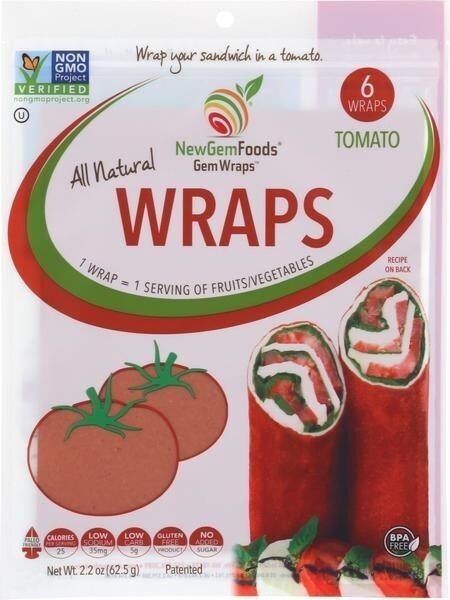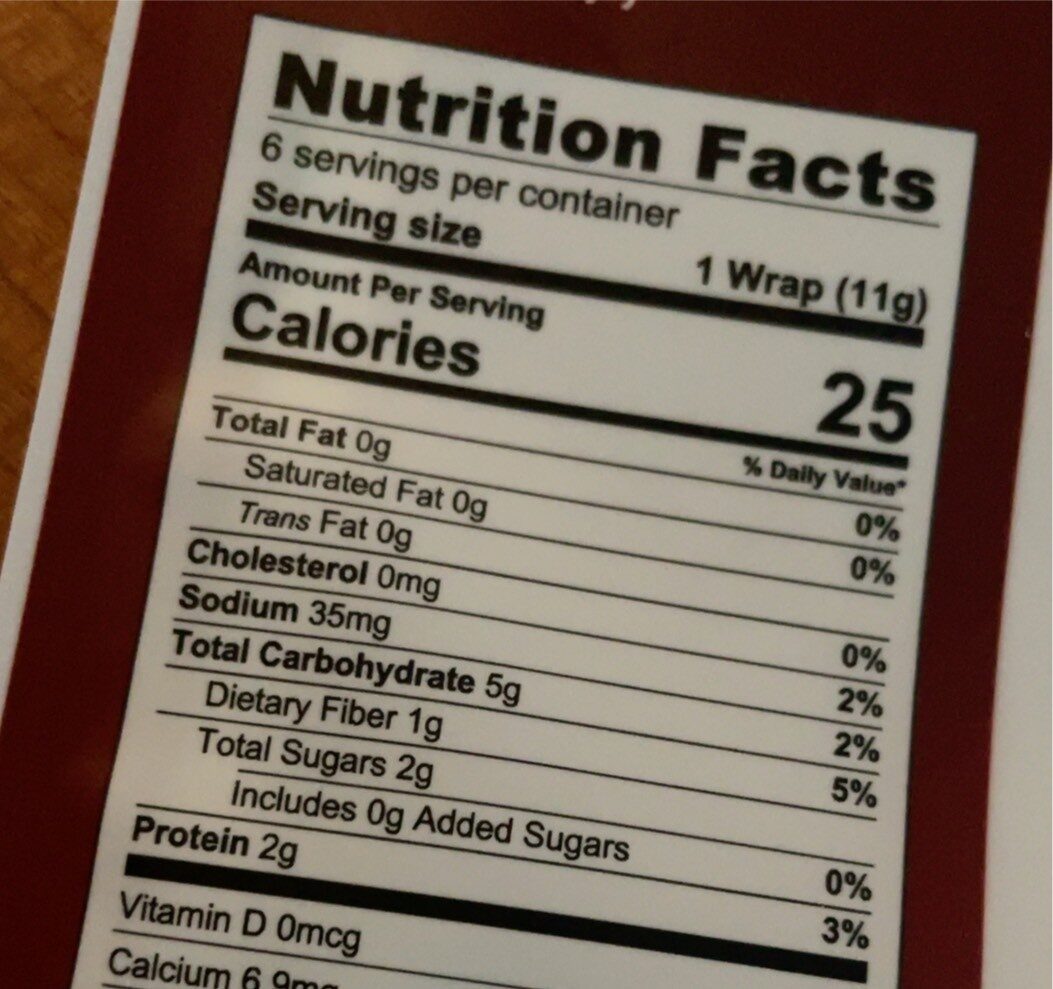Tomato - Newgem Foods
This product page is not complete. You can help to complete it by editing it and adding more data from the photos we have, or by taking more photos using the app for Android or iPhone/iPad. Thank you!
×
Barcode: 0814944010656 (EAN / EAN-13) 814944010656 (UPC / UPC-A)
Brands: Newgem Foods
Brand owner: Newgem Foods, LLC
Categories: Mexican Dinner Mixes
Countries where sold: United States
Matching with your preferences
Environment
Packaging
Transportation
Report a problem
Data sources
Product added on by usda-ndb-import
Last edit of product page on by kiliweb.
Product page also edited by org-database-usda, yuka.sY2b0xO6T85zoF3NwEKvlmVbbPDeom2eExnVm3HS2OnQf7nIQchcvbH0Pqs.
If the data is incomplete or incorrect, you can complete or correct it by editing this page.









